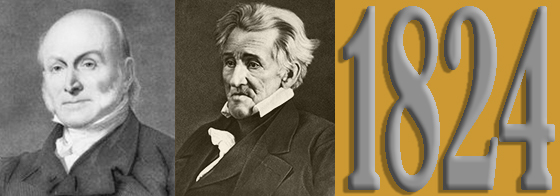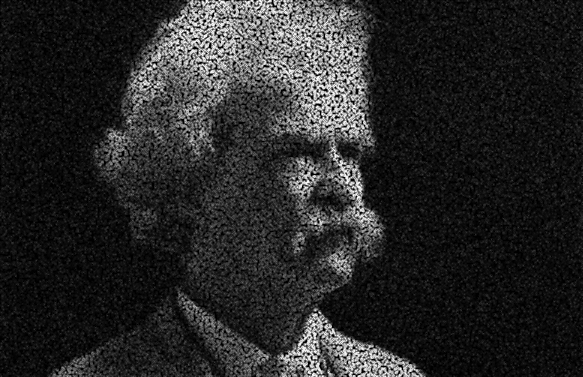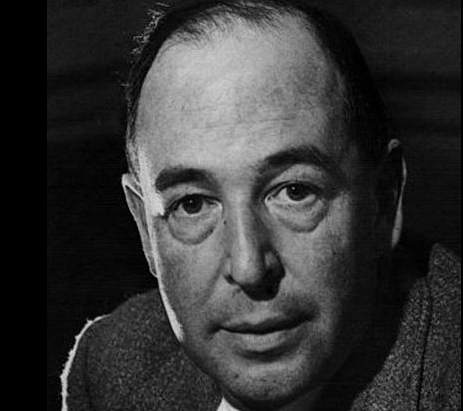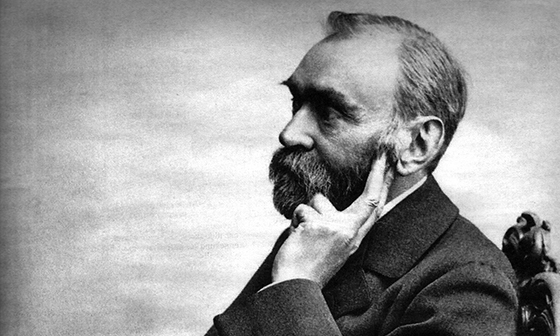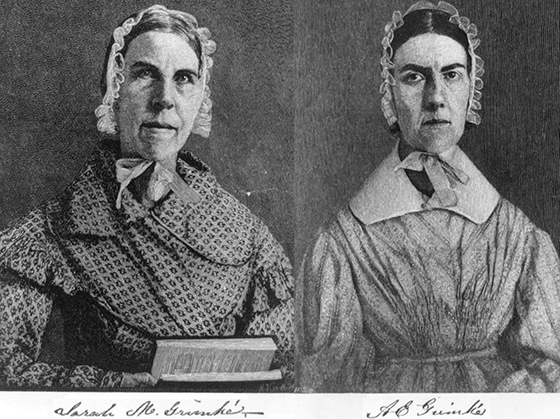On November 30, 1804, the United States House of Representatives began impeachment hearings against Supreme Court Justice Samuel Chase. The House thought he was too partisan, too “Federalist.”
The Senate later acquitted Chase.
On 1835 on this date, Samuel Clemens was born, later to achieve world fame as author and humorist Mark Twain (pictured above). His most beloved books include The Adventures of Tom Sawyer (1876) and his masterpiece, Adventures of Huckleberry Finn (1885). He died in 1910.
It is perhaps worth noting that Mark Twain did write about impeachment:
I have been here a matter of ten days, but I do not know much about the place yet. There is too much weather. There is too much of it, and yet that is not the principal trouble. It is the quality rather than the quantity of it that I complain of; and more than against its quantity and its quality combined am I embittered against its character. It is tricky, it is changeable, it is to the last degree unreliable. It has catered for a political atmosphere so long that it has come at last to be thoroughly imbued with the political nature.
As politics go, so goes the weather. It trims to suit every phase of sentiment, and is always ready. To-day it is a Democrat, to-morrow a Radical, the next day neither one thing nor the other. If a Johnson man goes over to the other side, it rains; if a Radical deserts to the Administration, it snows; if New York goes Democratic, it blows—naturally enough; if Grant expresses an opinion between two whiffs of smoke, it spits a little sleet uneasily; if all is quiet on the Potomac of politics, one sees only the soft haze of Indian summer from the Capitol windows; if the President is quiet, the sun comes out; if he touches the tender gold market, it turns up cold and freezes out the speculators; if he hints at foreign troubles, it hails; if he threatens Congress, it thunders; if treason and impeachment are broached, lo, there is an earthquake!
If you are posted on politics, you are posted on the weather.
Mark Twain, The Territorial Enterprise, December 4, 1867.
